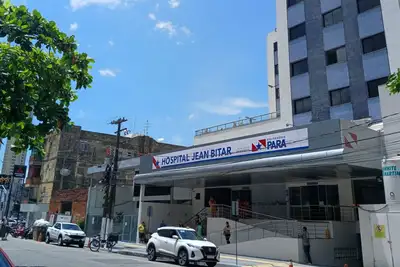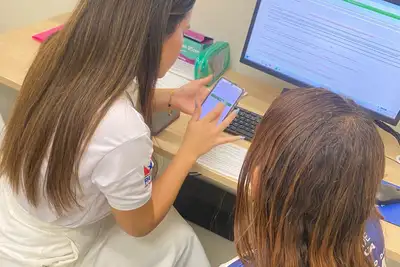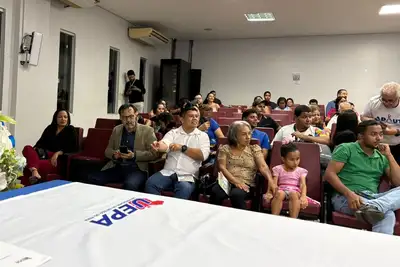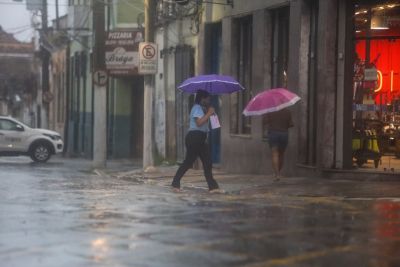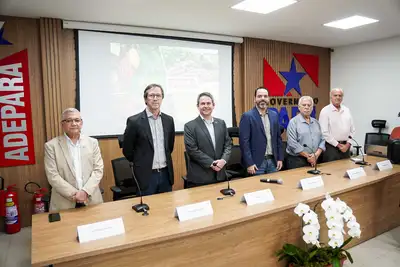In Marabá, Regional Hospital warns about the risks of self-medication
Unit specialist highlights that the habit can mask symptoms, delay diagnoses, and even cause severe intoxications
Taking medication on one's own is a widespread practice in Brazil, where about 90% of the population admits to this habit, according to research conducted by the Datafolha Institute. To alert patients about the dangers of this practice, the Regional Hospital of Southeast Pará "Dr. Geraldo Veloso" (HRSP), in Marabá, held educational actions on this Monday (5) in reference to the National Week for the Rational Use of Medicines.
According to data from the Brazilian Association of Pharmaceutical Industries (Abifarma), about 20,000 people die annually in Brazil as a consequence of self-medication.
The activity was part of the “Health in Focus” Project, developed by the Humanization Sector of the Hospital. The initiative aims to provide information and support to patients during their waiting time for consultations and exams.
Maria de Lourdes Ferreira, 58 years old, a resident of Marabá, who was waiting for an X-ray exam, approved the initiative. “Many times we take medication recommended by neighbors or relatives thinking it will help, but it can end up making things worse. After this guidance, I will think twice before doing that,” said the HRPS user.
The self-employed João Carlos, 42 years old, also a resident of Marabá, reinforced the importance of the action. “I found it useful because we don’t always know the danger of taking medication on our own. Now I understand the risks, and I will always seek medical help before anything else,” assured João.
Awareness - The educational lectures were conducted by the pharmacist of the Regional Hospital, Deyvison Moraes Paixão, who explained the main risks of self-medication and reinforced the importance of the rational use of medications. He warned that consuming medications without professional guidance can mask symptoms, hinder diagnoses, and even cause severe intoxications.
“It is essential that the population understands that every medication has side effects and interactions, and that it should only be used with proper prescription. Misuse can bring more harm than benefits, especially in cases of antibiotics, anti-inflammatories, and analgesics,” highlighted the pharmacist.
During the activity, Deyvison Paixão also drew attention to the dangers of the so-called “home pharmacy” — a common practice in the country, where expired or unlabelled medications are stored at home. “Keeping a home pharmacy without the proper care poses a serious risk to health. Poorly stored medications, those past their expiration date, or without identification can cause severe intoxications. The ideal is to dispose of them correctly, according to the guidance of health units,” he advised.
The professional also emphasized that people should take medications at the correct times and in the appropriate dosage to ensure the effectiveness of the treatment. "If the medication is not taken at the right time or in the correct dosage, it may lose its effectiveness and compromise recovery," added the pharmacist.
The Regional Hospital of Southeast Pará "Dr. Geraldo Veloso" is managed by the Institute of Social and Environmental Health of the Amazon (ISSAA), in partnership with the State Department of Public Health (Sespa). The unit is a reference for the region, offering 100% of services through the Unified Health System (SUS). The Hospital has 135 beds, with 97 designated for clinical hospitalization and 38 dedicated to Adult, Pediatric, and Neonatal Intensive Care Units (ICU).



